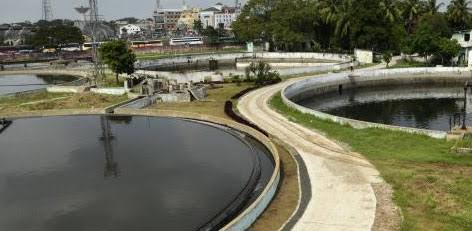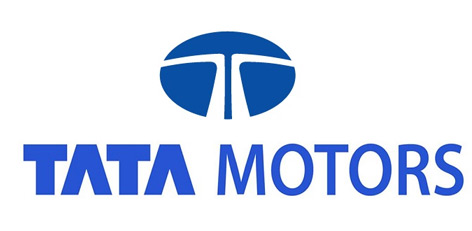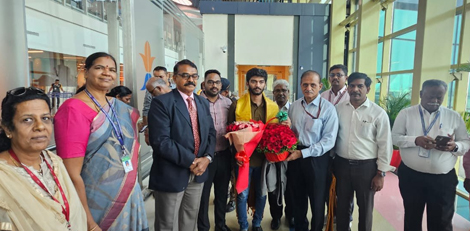Second tertiary water treatment plant in Chennai is grabbing many eyeballs
Posted on: 30/Nov/2019 9:50:33 AM

Koyambedu in Chennai that is already popular for having bus terminus and market complex would become more popular for this reason.
On Friday, 29th November 2019, chief minister of TN, Mr. E. Palaniswamy inaugurated the second tertiary treatment RO plant in Koyambedu. It is important to mention here that to reduce the stress on the freshwater sources this second tertiary treatment RO plant was inaugurated. This 45 mld RO plant has been constructed at a cost of Rs 486.21 crores and it would be highly beneficial to SIPCOT industrial belts in Irungattukottai, Sriperumbudur and Oragadam.
Information is secondary treated water from Chennai MWD’s Koyambedu sewage treatment plant would be used as raw water for the reuse plant. For getting high standards of water with dissolved solid contents level less than 70 g/ ml, this plant in Koyambedu would use various processes like ultra filtration and reverse osmosis. This second tertiary water treatment plant has been set up by Wabag-IDE Technologies consortium on design, build and operate basis.
It is now brought out that nearly 25 mld of freshwater from Chembarambakkam provided to the industries would now be diverted for domestic water supply. Tamil Nadu is forerunner in reuse of waste water for industrial supply. This was according to the chief mister of TN. He spoke about how this would help divert freshwater supplied to the industries for the Chennai city’s drinking water needs. By means of 60 km pipeline, treated waste water would be conveyed to the industries.
He threw light on 45 mld plant that was commissioned at Kodungaiyur last year and said treated waste water could also be used for drinking with the addition of some minerals. It is worthy to note that nearly 20% of sewage generated in Chennai would be treated and reused through these plants.
By dialling the helpline number 4567 4567, Chennai residents would be able to get sewer connections and apply later. A scheme would be launched for this sake. This was also revealed by the chief minister. Information is last mile connectivity of sewer networks to the households would be provided by the metro water department wherever schemes are completed.







